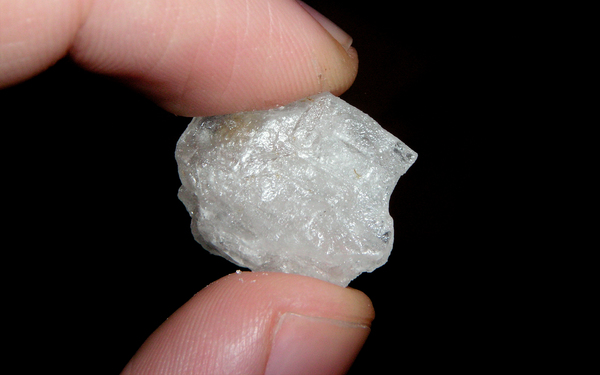Geelong has joined a trial of new medication for ice which could help addicts beat their dependence on the life-ruining drug.
Local researchers hoped to recruit 60 Geelong addicts to help them stop using ice and investigate if N-Acetyl Cysteine (NAC) can reduce cravings.
“There’s clearly a need for something new around pharmaceutical therapy for ice addiction,” said Olivia Dean, from Deakin University’s IMPACT research centre.
“There are a lot of people seeking help at the moment.”
One person had signed up to the trial in Geelong so far after a week of recruiting, Dr Dean said.
Soon the participant will begin taking two NAC pills daily for 12 weeks to investigate its effects on ice addiction as part of the N-ICE trial.
Geelong researchers would spend up to 12 months screening users to recruit 60 participants, Dr Dean said.
“But I think we will probably get the number relatively quickly.”
National Drug Research Institute will recruit a total of 180 people for the trial from frontline clinical services in Geelong, Wollongong and Melbourne.
National Health and Medical Research Council has funded the trial, with a number of universities across the three cities supporting it.
NAC had many effects that might useful for people trying to stop taking ice, Dr Dean explained.
“NAC can protect against the neurotoxic effects of ice,” she said.
“It is hoped that, in addition to helping people dependent on ice cut down or stop their use, NAC will reduce the mood changes that are often experienced as a result of ice addiction.”
NAC has been available since 1968 to treat paracetamol overdose and various medical conditions.
But in 2015 neuroscientists began trialling the drug’s effectiveness in treating addiction.
N-ICE lead researcher Rebecca McKetin said studies showed the drug could reduce cravings for methamphetamine use and other substances including cocaine, cannabis and tobacco.
“When someone first takes ice they experience the desirable effects of intoxication,” Prof McKetin said.
“But if they continue to use, and become dependent, changes occur in the brain that cause cravings, making it hard to stop using ice.
“NAC helps to reduce cravings by restoring the balance of chemicals in the brain that are involved in craving and drug-seeking, making it easier for people to manage their desire for the drug.”
Dr Dean urged locals struggling with addiction to visit www.nicetrial.info.









